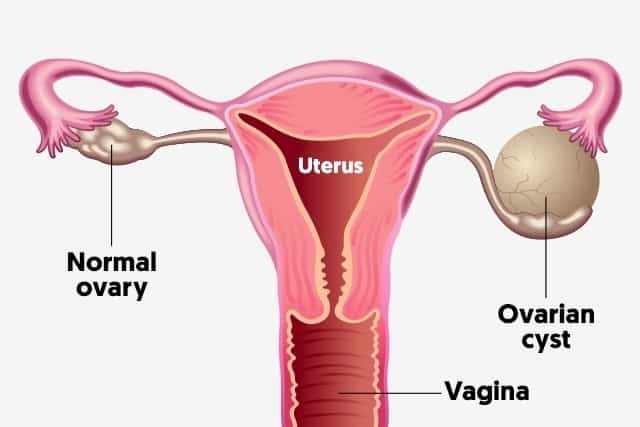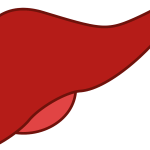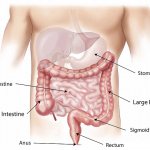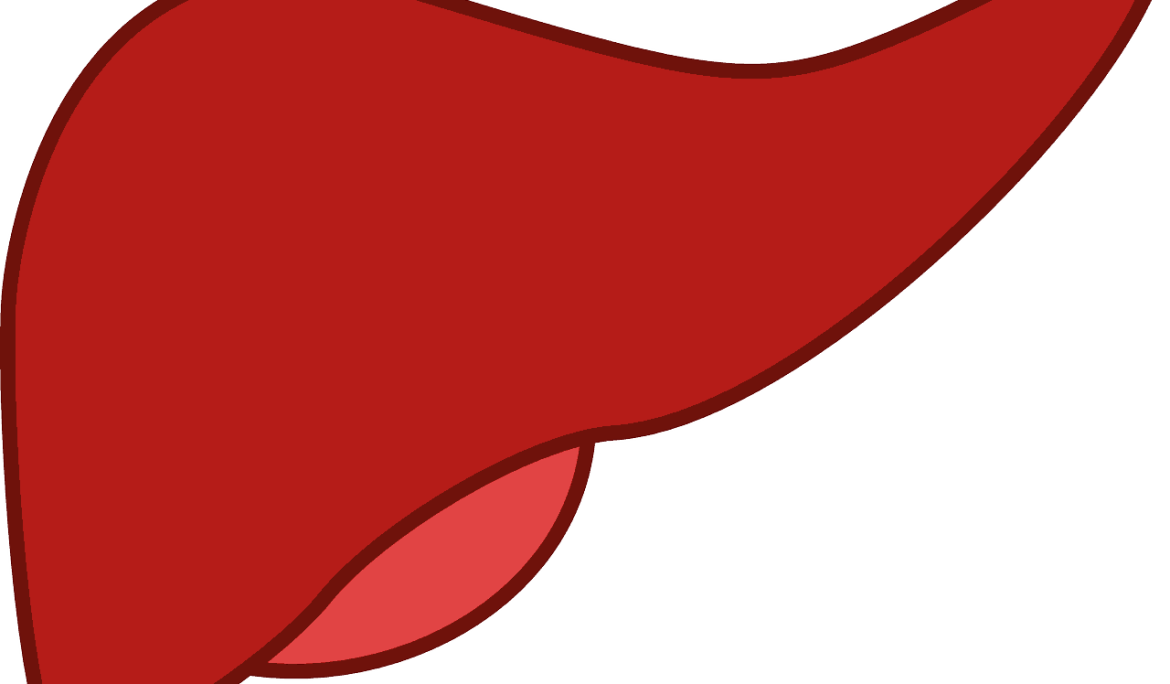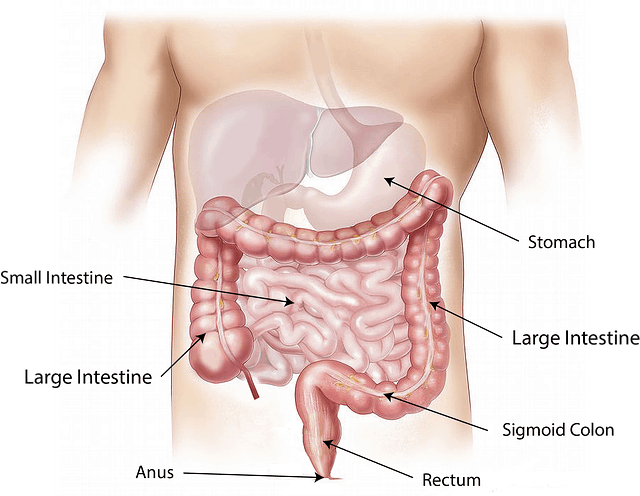Ovarian cysts are fluid-filled sacs or pockets in an ovary or on its surface. Women have two ovaries, each about the size and shape of an almond, on each side of the uterus. Eggs (ova) which develop and mature in the ovaries are released in monthly cycles during the child bearing years. Many women have ovarian cysts at some time. Most ovarian cysts present little or no discomfort and are harmless. The majority disappears without treatment within a few months.
Most ovarian cysts develop as a result of your menstrual cycle (functional cysts). Other type of cyst are less common. Your risk of developing an ovarian cyst is heightened by hormonal problems including taking fertility drugs such as clomid. Sometimes the cyst that forms when you ovulate stays on your ovary throughout your pregnancy. In endometriosis some of the tissue can attached to your ovary and form a growth. If the infection spreads to the ovaries, it can cause cysts. If you have had one, you are likely to develop more cysts. Most cysts don’t cause symptoms and go away on their own. However, a large ovarian cyst can cause pelvic pain, fullness or heaviness in your abdomen and bloating.
A cyst on your ovary can be found during a pelvic exam. Pelvic ultrasound is the best mode of imaging to make a diagnosis. A positive pregnancy test is highly suggestive that you have a corpus luteum cyst. The doctor can also do a laparoscopic examination of the pelvis under general anaesthesia to ascertain the diagnosis and do excision of the cyst. Treatment approach is three-folds, the doctor might simply monitor the condition and the cyst might disappear. Medication such as oral contraceptive can be used to prevent recurring. If the cyst is large, the doctor can do a surgical excision of the cyst.
Infrequent complications associated with ovarian cyst include, ovarian torsion which is a painful twisting of the ovary, this occur when a cyst enlarge. Ovarian cyst rupture can occur resulting in sever pain and internal bleeding. The larger the cyst the greater the risk of rupture. Seek immediate medical attention if you have sudden, sever abdominal or pelvic pain, pain with fever of vomiting. Dr. Makemba Shayela Nelson – MBChB – University of Kwazulu-Natal, Durban, South Africa. Nesha Medical Practice.




